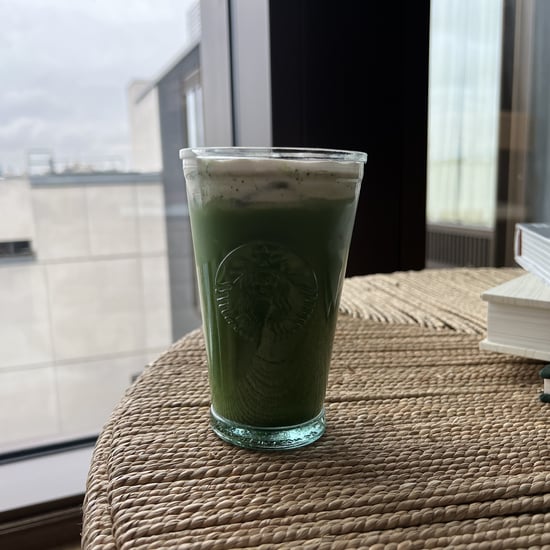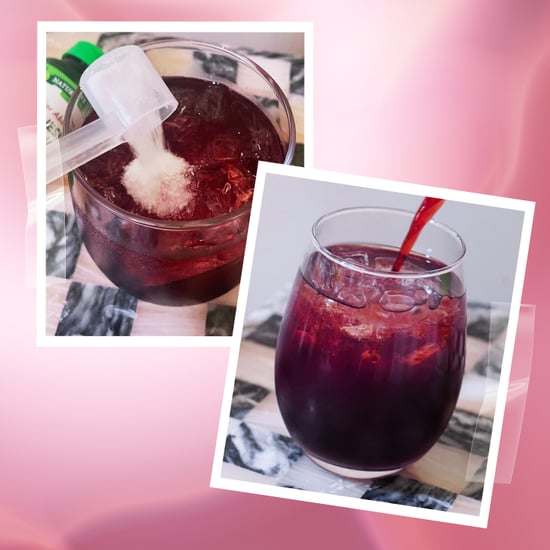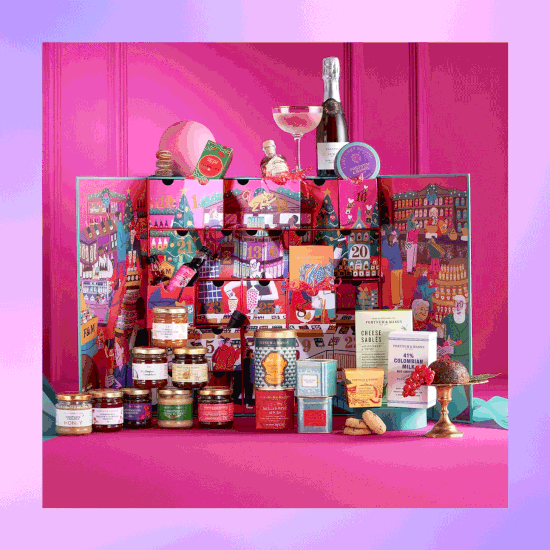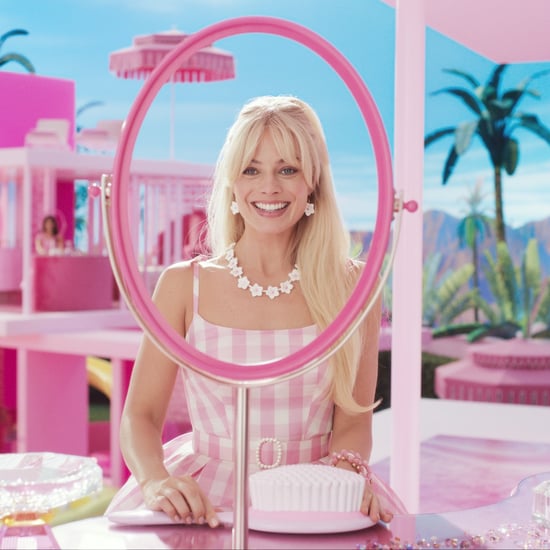Irish Car Bombs Are Really Offencive, So Stop Ordering Them
PSA: Please Don't Order Irish Car Bombs on St. Patrick's Day (Or Ever)
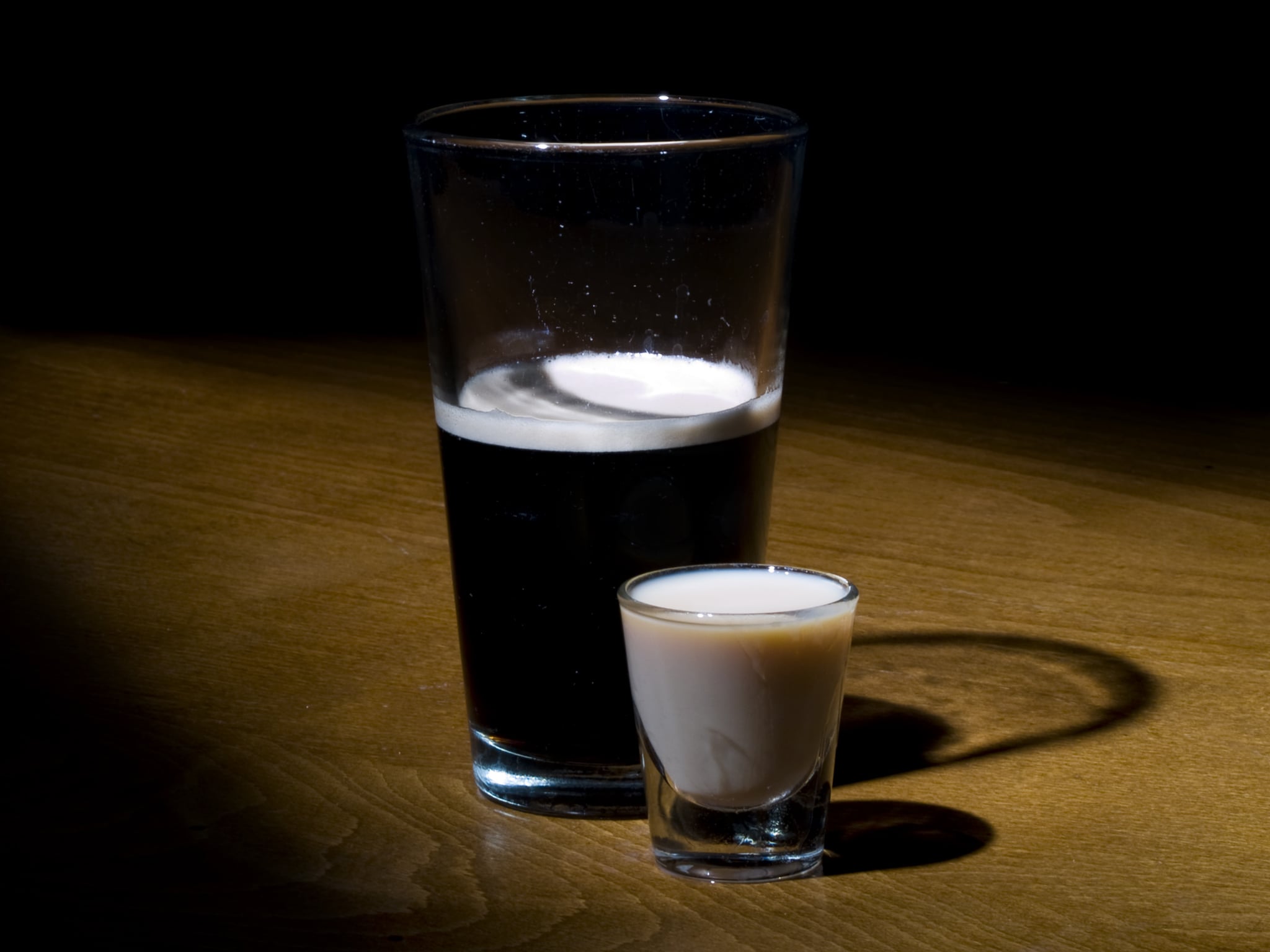
In the US, St. Patrick's Day isn't exactly the traditional religious observance it is in Ireland (although Ireland definitely knows how to party for it, too). Instead, it's characterized by outrageous shamrock-inspired fashion, green beer, and lots and lots of day drinking. But while most St. Patrick's Day celebrations are harmless and beloved, one thing shouldn't be: ordering Irish Car Bombs.
While ordering the drink in America is pretty widespread, ordering one at any pub in Ireland is a surefire way to get yourself kicked out, yelled at, or both. The drink, which was created in 1979 by Connecticut bartender Charles Oat, gets its name from the somewhat explosive way you drop a shot of equal parts Baileys Irish Cream and Jameson Irish Whiskey into half a pint of Guinness and drinking it before it curdles. While the drink itself is pretty tasty, it's the name that's tied to a very sensitive and dark history.
The real issue with this cocktail is that it likens the drink's explosive nature to the infamous car bombs that were set off by the Irish Republican Army during a time known as "The Troubles" in Northern Ireland from 1968 until 1998. According to Oat, after adding whiskey as a finishing touch to his concoction, he announced, "The IRA just showed up. This oughta work now!" to the rest of the bar, referencing the chaos that ensued once the shot of liquor fell into the beer. Considering that more than 20 car bombs were used in just a single day by the IRA, killing nine people and injuring 130 more, the joke didn't go over particularly well. In fact, several pubs in Northern Ireland (and the Republic of Ireland) refuse to serve the drink altogether, so don't even bother asking.
Not everyone agrees on the exact meaning behind the Irish Car Bomb, but at the very least, it brings up memories of violence and conflict for many, and shouldn't be ordered in Ireland or anywhere else. One way to put it into perspective is to imagine how Americans would feel to have a drink named after something like 9/11 — horrible, right? Although humour can be a coping mechanism for some, it's still important to consider the extent of "The Troubles" and the amount of people they affected, even if you aren't Irish or know someone who experienced them firsthand. If you make an honest effort to understand the story behind the drink, it should become clear that this isn't the kind of topic to toast to (especially when there are so many different alcoholic options available).
